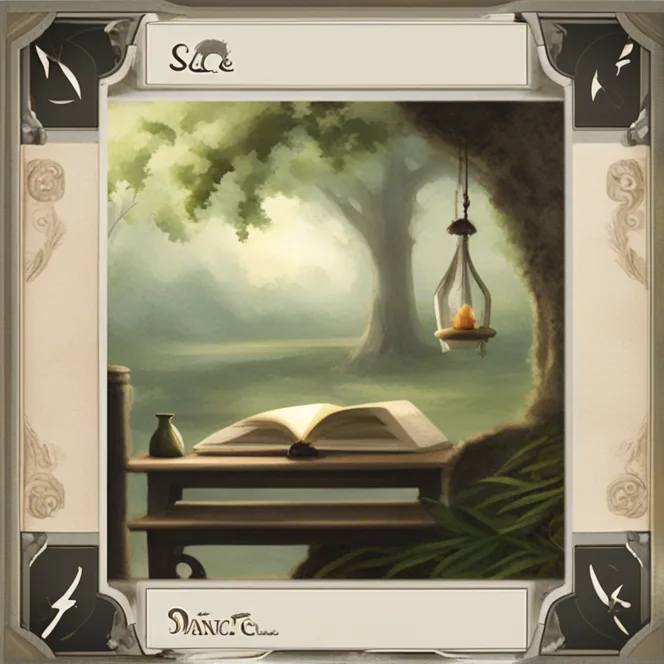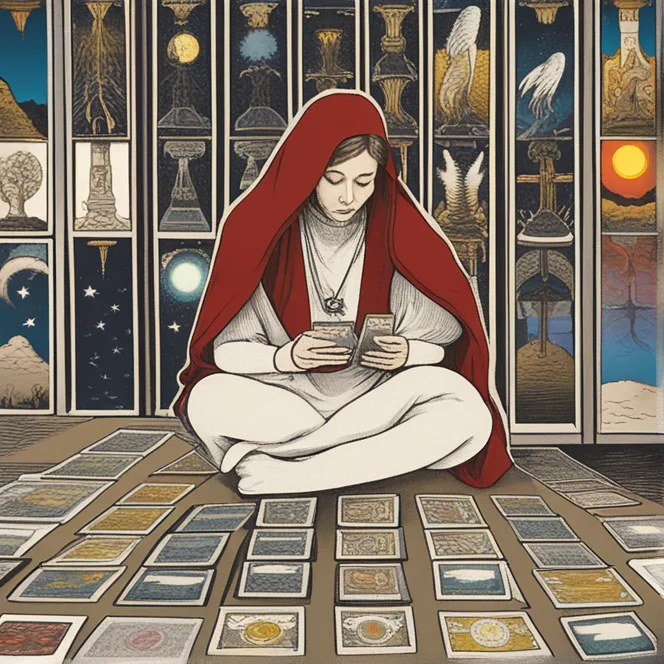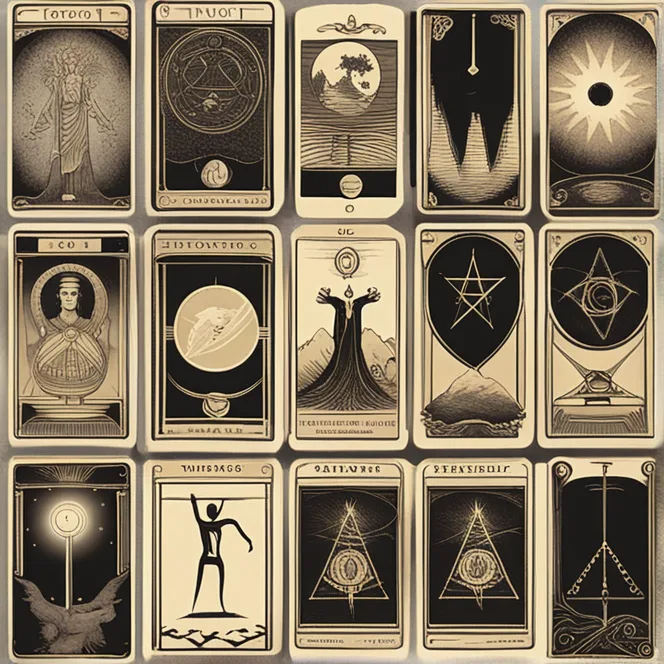
Introduction to Tarot Accuracy
The mystical world of tarot has intrigued humanity for centuries. As a source of guidance and reflection, tarot cards have often been sought after for insights into the past, present, and future. However, the question persists – are tarot cards accurate? The reality is that the tarot's accuracy is not about predicting the future with precise detail, but rather providing a reflective tool that can empower individuals to understand their lives better and consider different perspectives.

Understanding Tarot's Mechanism
Tarot readings operate on the principle of synchronicity, which posits that events are "meaningful coincidences" if they occur with no causal relationship yet seem to be meaningfully related. In a reading, the cards serve as a mirror, reflecting the subconscious and revealing underlying thoughts or feelings. Whether the insights gathered seem accurate or not can heavily depend on the reader's interpretation and the querent's openness to introspection.
Factors Influencing Tarot Readings
Several factors can influence a tarot reading's perceived accuracy. The skill and experience of the reader play a crucial role, as they interpret the symbols and narratives within the cards. The mindset and receptivity of the person receiving the reading are also important, as these elements can color the interpretation of the cards' significance. Additionally, the atmosphere and setting where the reading takes place can enhance or detract from the connection between tarot and participant.

Subjectivity in Tarot Interpretation
Tarot's nature is inherently subjective. While each card has traditional meanings, their interpretation can vary widely among different readers and situations. Cards that may seem ominous, like The Tower or Death, can actually represent positive change or transformation. Similarly, cards with traditionally positive connotations can suggest caution in certain contexts. This malleability in meaning emphasizes that tarot accuracy isn't binary, but a spectrum of personal relevance.

Empirical Evidence and Skepticism
From a scientific standpoint, there is a lack of empirical evidence proving the predictive power of tarot cards. Skeptics argue that any perceived accuracy is due to cold reading, where the reader picks up on cues from the individual, and the Barnum effect, where general statements are perceived as personally meaningful. Critics insist that while tarot can be used for self-reflection, its accuracy in forecasting specific events or outcomes is coincidental.
Modern Perception and Usage
In contemporary settings, many view tarot readings not as a divinatory tool but as a means for personal development. Astrological forecasts for 2024 and beyond often incorporate reflection rather than prediction, aligning with modern tarot practice. As people seek to understand their personal narratives, the accuracy of tarot may lie more in the clarity it can provide for life's journey, rather than pinpointing exact future events.
Conclusion: Personal Truth within Tarot
Ultimately, the question of tarot card accuracy isn't a matter of fact but of personal significance. Tarot's true value is in the eye of the beholder, and its resonance within the seeker's experience. As a tool for contemplation and insight, its precision is less about factual correctness and more about the meaningful conversations it ignites within one's self and with the universe at large.
Published: 12/15/2023
Modified: 12/15/2023
More predictions
Come back here soon to learn more about yourself and your future


Tarot or Oracle: Which Cards Speak To You?
Discover the distinctions and unique features of tarot and oracle cards to enhance your divination practices.


The Role Of Pentacles In Tarot Wisdom
Delve into the practical wisdom of the Pentacles in tarot, their earthy symbolism and their significance in readings.


Easy Tarot Spreads For Beginner
Master the basics of tarot with easy spreads for beginners – find clarity and insight into life's questions.